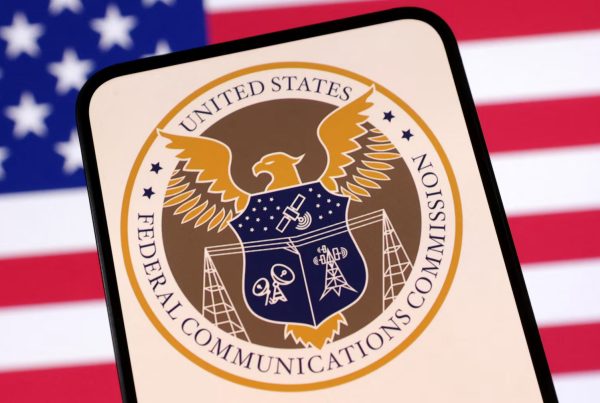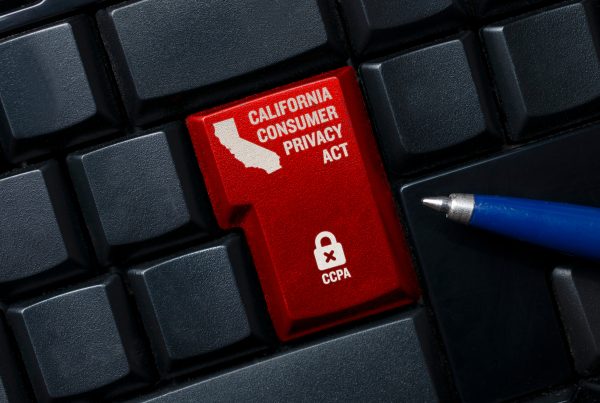On a dramatic Friday, the 11th Circuit Court of Appeals struck down the FCC’s One-to-One Consent requirement shortly after the FCC voluntarily postponed its effective date.
At issue is the FCC’s 2023 Order which added two new restrictions to the “prior express consent” requirements: 1) consumers can only consent to calls from one entity at a time, and 2) consented-to calls must be logically and topically related to the interaction that prompted the consent. The Insurance Marketing Coalition Limited (IMC) challenged these restrictions. IMC argued that the FCC exceeded its statutory authority because the new restrictions conflict with the ordinary meaning of “prior express consent” in the TCPA. The FCC claimed it had authority to “implement” the TCPA and that the restrictions were consistent with the common understanding of consent.
Ultimately, the court agreed with IMC that the FCC exceeded its authority. It found that the restrictions impermissibly narrow the meaning of “prior express consent” beyond what the TCPA requires. The court held that consumers can provide consent to multiple entities at once and for calls unrelated to the prompting interaction, as long as the consent is clearly and unmistakably stated beforehand. The 11th Circuit rejected the FCC’s arguments that the restrictions were necessary to ensure voluntary consent and that they represented good policy. The Court emphasized that agency policy preferences cannot override clear statutory text.
The Order was entered shortly after the FCC issued its own order postponing the effective date of the One-to-One Consent requirements until January 26, 2026. This Order, though, is seemingly moot absent a reversal of the 11th Circuit’s Order.
It is important to note that the rule was part of the FCC’s Second Text Blocking Report and Order. The Report and Order contained other requirements, such as requirements for terminating mobile wireless providers to block certain text messages and the application of National DNC Registry protections to text messages. Other requirements contained in the Report Order are not affected by this Order.
A copy of the 11th Circuit’s Order can be found here: https://media.ca11.uscourts.gov/opinions/pub/files/202410277.pdf
ECAC will continue to monitor these developments.
Mitchell Roth
![]()





